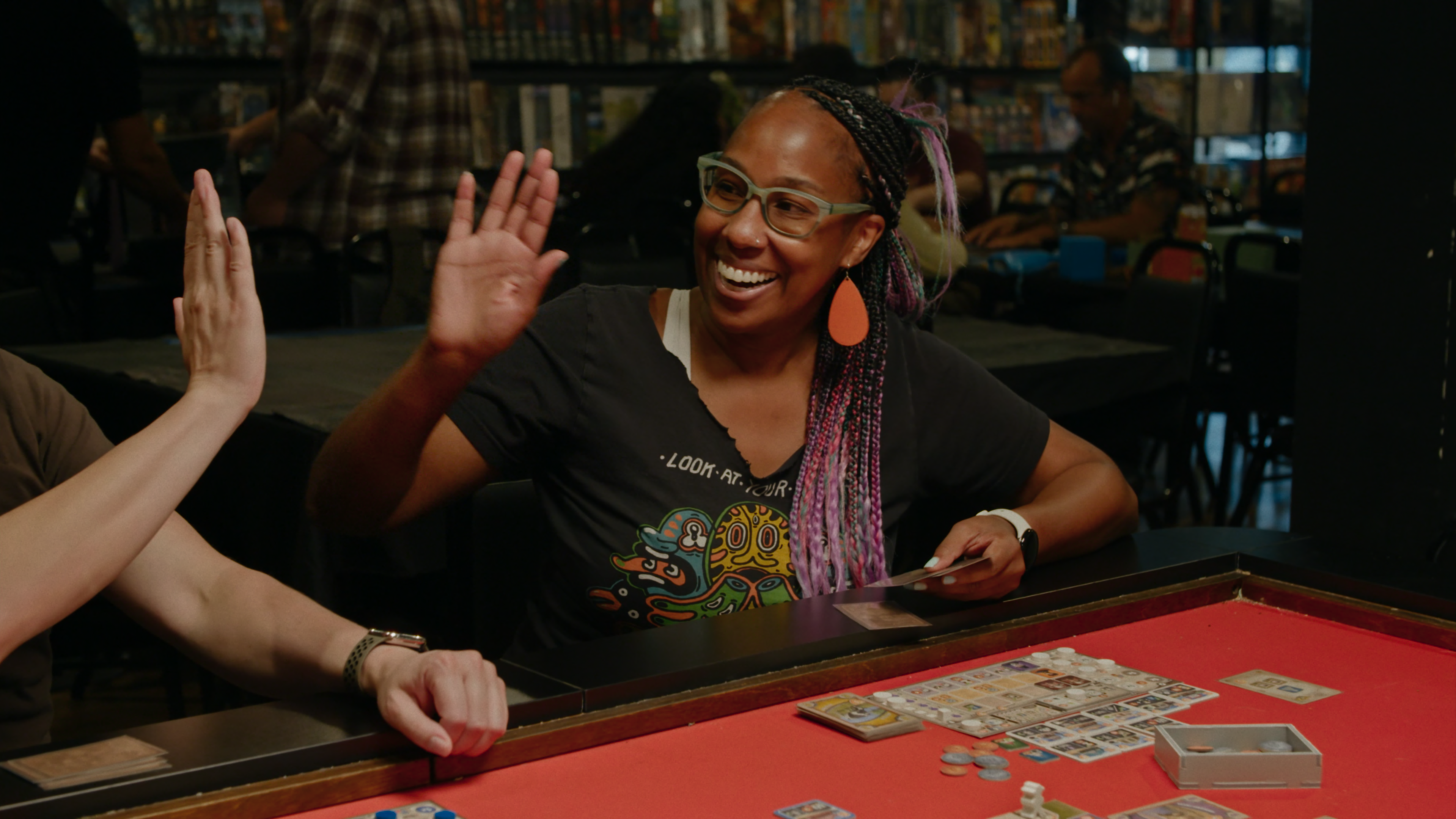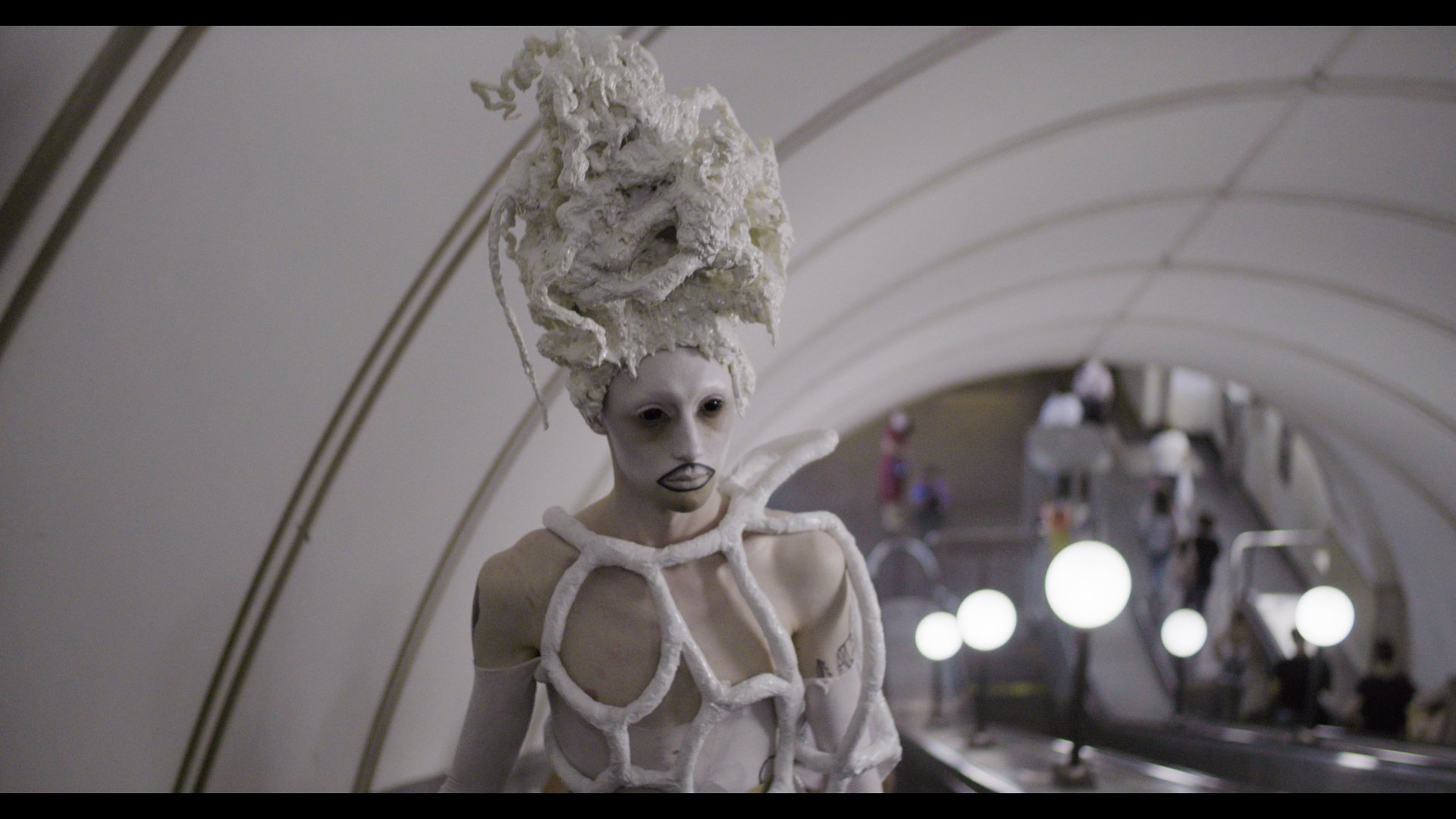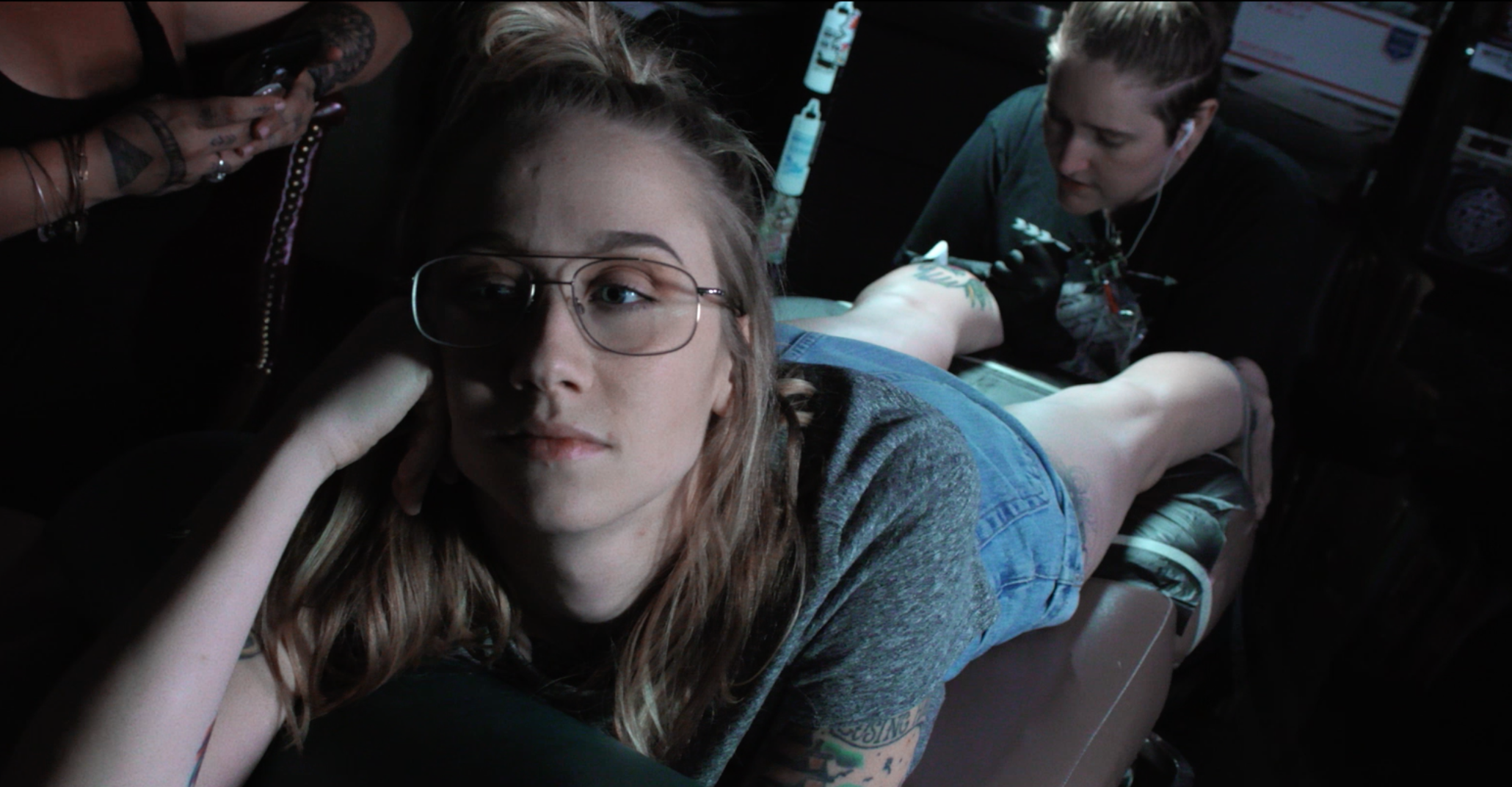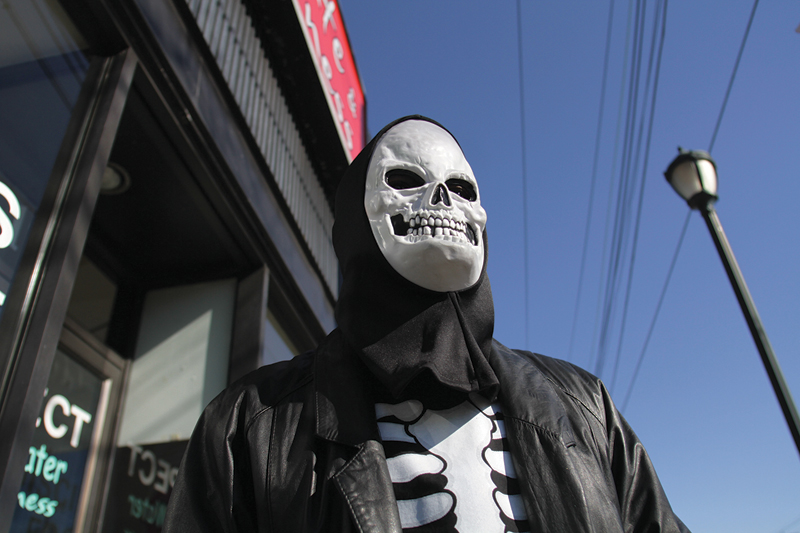
Evolution of a Criminal Explores the Devils Inside
A version of this story ran in the March 2014 issue.
In this age of autobiographical documentaries, it’s easy to fool yourself into believing that the act of artistic confession always results in transparency. The truth is that the camera, even when we turn it on ourselves, can conceal as much as it reveals. Simply claiming we want to be seen by the world doesn’t mean anything; what matters is whether we’re able to find a way to truly reveal ourselves. And there’s an irony here: It seems like the best confessional documentarians are in some ways those least capable of controlling their own narrative. I don’t know if it’s a matter of technical incapacity or that some personalities simply can’t be contained. Either way, it’s in the discrepancies between what an autobiographical filmmaker sets out to do and what he or she actually ends up doing that the filmmaker is revealed, whether that was the intention or not.
Back in 1998, a 16-year-old kid from Houston named Darius Clark Monroe—an A student with an apparently bright future—left school early and with two friends and robbed a local Bank of America branch at gunpoint. They made off with $140,000. Four weeks later the police pulled Monroe out of class and charged him with several counts of aggravated robbery and assault with a deadly weapon. In court for his sentencing, Monroe said he felt like he was attending a “living funeral—like you’re saying goodbye to yourself.” He got five years.
A decade after his release, Darius Clark Monroe has become a filmmaker with a documentary in this year’s SXSW festival about his descent into crime. Evolution of a Criminal is like no documentary I’ve ever seen. It’s less a confession than an investigation into the many ways our decisions affect those around us, an autobiography of cause and effect. Though Monroe is the protagonist of his movie, what he’s really interested in is the rippling results of his actions, and viewing his own life through the eyes of others: his parents, teachers, and the innocent bystanders who were unlucky enough to have been depositing checks that fateful day.
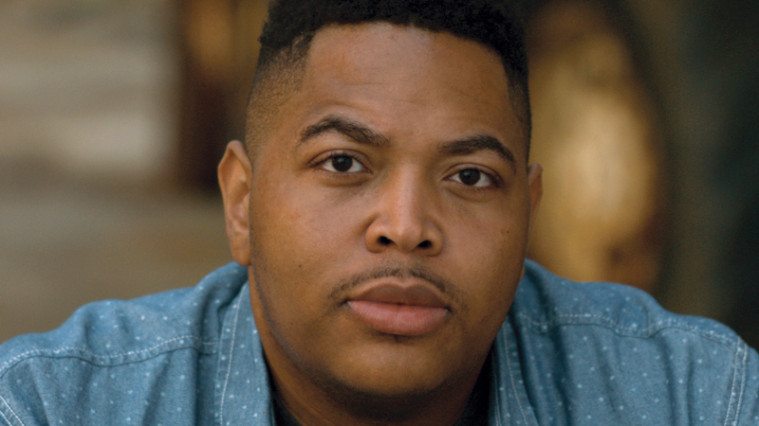
If that were the sum total of Evolution of a Criminal, it would probably have been enough. It takes a lot of guts to put down on film what you’ve put your loved ones through. And it takes something beyond guts (A predisposition toward self-loathing? A deep belief in the purgative, redemptive powers of confession, confrontation and forgiveness?) to track down your victims at their homes, unannounced, and apologize for a crime you committed a decade earlier.
But just beneath the surface of Evolution of a Criminal there’s something else going on, a faint but revealing transparency that I’m not sure Monroe even realized he was recording: the acknowledgement that for all his repentance, remorse and desire for redemption, there’s a part of him that enjoyed his crime, that delighted in its planning and execution. It’s the growing realization on Monroe’s part, and the slow recognition on ours, that he isn’t some unblemished example of the life-changing possibilities of expiation. There was and is a part of him that is criminally minded, whether or not he ever breaks the law again. Sometimes it’s there in what Monroe says—like when he admits he felt a thrill the first time he stole VCRs from his work, but mostly it’s in his eyes and tone of voice. Like most of us, Monroe is, as Whitman put it, large; he contains multitudes.
It’s this incongruity that makes Monroe and his movie so captivating. It’s great to shoot a movie about the sins of your youth and to seek forgiveness from those you’ve sinned against, but we expect our redemption stories to walk a straight line, and it’s especially hard not to expect them to do so when the guy telling the story is the guy seeking redemption. But whether Darius Clark Monroe lacks the filmmaking ability to keep this other, deeper part of himself from mucking up his narrative (doubtful), or whether the contradictory vastness of his personality is simply too large to be contained in a pat narrative (more likely), the result is a film that dares to admit that even the bravest confessions are, at least in part, celebrations of the devils that lurk inside our striving souls.
To support journalism like this, donate to the Texas Observer.